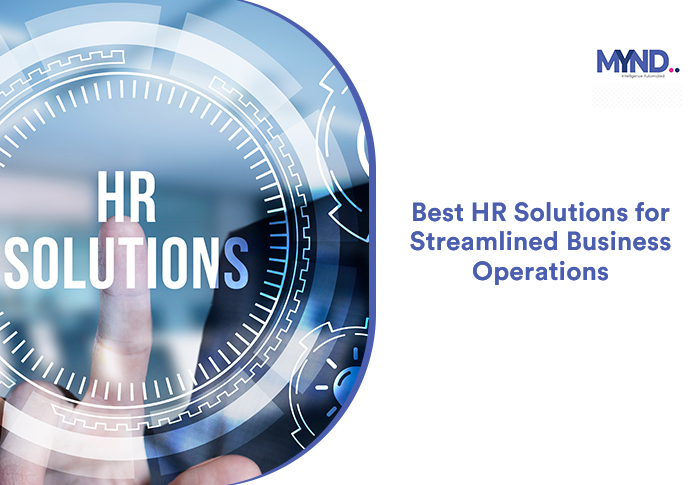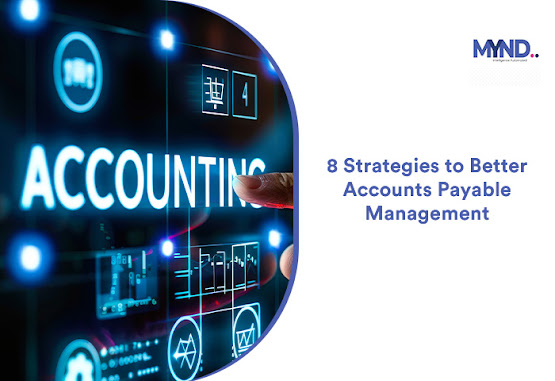Payroll Compliance Audits: What You Need to Know
.jpg) |
| Payroll Compliance Audits: What You Need to Know |
If you own a business or are a major shareholder of an India-based organisation, you must be aware of a few aspects that companies must stay vigilant of: employee compensation, taxation and statutory obligations. These aspects in India, being directly overseen by the central and state-level regulations, make it a crucial part of any organisation. Failing to adhere to any of the aspects set by their regulation can result in hefty penalties, legal complications and reputational damage as well.
Following these policies and strict regulations from the
Indian government only, payroll compliance audits are now a major part of a
corporate organisation. But they’re for the organisation’s benefit only since
they help them assess current practices, identify gaps, if any, and align
better with the requirements. So let’s explore what payroll compliance audits
are, why they are so important and how partnering with experts in payroll compliance
services and HR compliance services like Mynd can help businesses
succeed.
What is a Payroll Compliance Audit?
A payroll compliance audit is a thorough review of an
organisation’s entire payroll process and the documentation required to ensure
compliance with the applicable payroll statutory
compliance laws and internal policies. These audits assess how
salaries, wages, benefits, taxes, deductions, and the records of all that are
being managed and whether they align with national and regional labour
laws.
Some of the key focuses of a payroll compliance audit may
include the following:
- Proper
calculation and payment of wages and bonuses.
- Accurate
deduction and remittance of statutory contributions.
- Timely
filing of statutory returns.
- Classification
of employees vs. contractors.
- Leave
and attendance records of employees.
- Adherence
to payment timeliness and record-keeping of the same.
Why Are Payroll Compliance Audits Important?
When it comes to payroll compliance, there’s a wide array of
statutes that manage and govern it:
- Employees’
Provident Fund and Miscellaneous Provisions Act 1952.
- Employees’
State Insurance Act 1948.
- Payment
of Wages Act, 1936.
- Minimum
Wages Act, 1948.
- Payment
of Bonus Act, 1965.
- Income
Tax Act, 1961.
- Labour
Welfare Fund Acts (state-wise).
Because of frequent amendments and state-wise variations,
companies often find it difficult to keep up with the legal requirements. This
is why non-compliance can lead to:
- Financial
penalties and other interests.
- Litigation
and government scrutiny.
- Loss
of trust among employees and investors.
- Disruption
of business operations.
Conducting periodic payroll audits ensures that your
organisation remains compliant, minimises risks, and maintains employee
satisfaction as well.
Key Benefits of a Payroll Compliance
Risk
Mitigation
Audits can help identify discrepancies before they even
escalate into legal issues. This is why timely corrections reduce exposure to
fines and penalties.
Process Optimisation
When the audit is performed righteously, there won’t be just
errors highlighted; it will also reveal inefficiencies. This is how businesses
can streamline payroll workflows, adopt automation, and standardise
documentation.
Improved Transparency
With proper audits, companies can make sure that payroll
calculations, tax deductions and statutory filings are properly documented and
also traceable. This leads to boosted transparency and accountability.
Audits make sure that payroll calculations, tax deductions
and statutory filings are well-documented and also traceable, which boosts
transparency and accountability.
Employee Trust
Timely and accurate salary payment and other employee
benefits build trust and satisfaction. Compliances help organisations in
proving that they've been adhering to their legal and ethical responsibilities
through that.
Informed Decision-Making
Insights from audits can lead to better planning in
workforce budgeting, cost control and HR policy refinement.
The Role of Payroll Compliance Services
Even though large enterprises may have internal audit teams,
many of the SMEs and growing businesses lack in-house expertise to manage these
complexities of audits effectively. This is where payroll compliance services
come into existence.
For those organisations, there are companies like Mynd that
offer end-to-end payroll and HR compliance services, built around deep domain
expertise, technology integration, and a proactive approach to risk management.
For this, the services may include:
- Audit
and health check reviews.
- Payroll
statutory compliance assessments.
- Review
of salary structure vis-à-vis compliance regulations.
- Verification
of wages and bonus payments on a regular basis.
- Analysis
of statutory returns and remittances.
- Compliance
reporting and advisory.
Why Go With Mynd Services?
Since they’ve been pioneering in creating an integrated
ecosystem for Finance and Accounts, HR, Staffing, and Technology, there’s no
better unique value proposition than theirs
Integrated
Compliance Management
Mynd’s services go beyond payroll audits, they also
integrate HR compliance services, regulatory tracking, and payroll operations
into one scalable solution.
Technology-Driven Solutions
For technology-driven solutions, they have intelligent
platforms and automation tools that reduce manual errors to the max, accelerate
audits and even enhance real-time visibility into compliance metrics.
Pan-India Coverage
With the state-specific nature of numerous labour laws in
India already given, the compliance specialists ensure localised expertise for
multi-state operations.
Custom Audit Framework
Through their tailored audit programmes based on each
organisation’s specific size, employee base, and risk profile, they provide
meaningful, actionable insights that organisations can work on.
When there’s a compliance-heavy business environment, organisations
cannot afford to take chances with payroll processing in any way. This is why a
proactive approach through payroll compliance audits makes sure of not only
legal conformity but also operational excellence and employee trust.
Mynd’s specialised payroll compliance services and HR compliance services, organisations can simplify their statutory obligations while also enabling their businesses to focus on what truly matters, which is growth and innovation.



Comments
Post a Comment